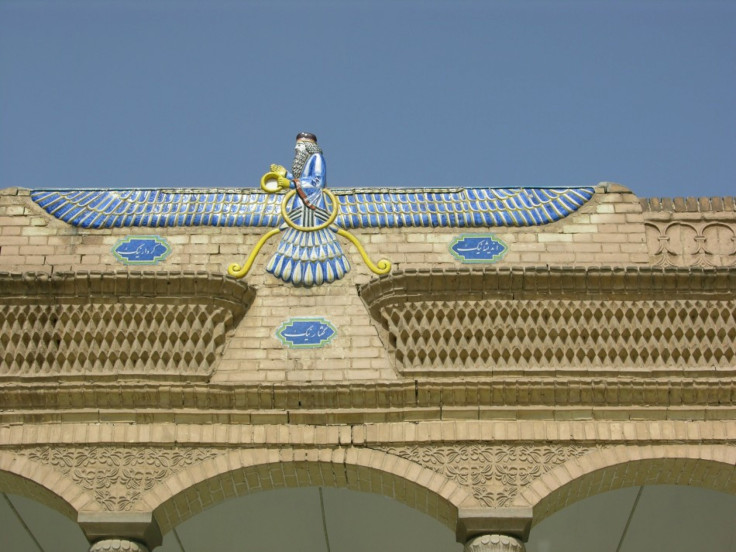Iran’s Religious Persecution: A Death-Knell to Zoroastrianism?

Youcef Nadarkhani, an Iranian Christian pastor who converted from Islam, faces the death penalty for his refusal to recant his Christian beliefs as ordered by the country's Supreme Court. The Iranian government, whose decision has been condemned by governments and human rights organizations from across the world, has tried to reframe the charges, alleging that the pastor is now to be executed for rape and extortion.
Regardless of the government's official position, the court's verdict - because Nadarkhani has Islamic ancestry, he therefore must recant his faith in Jesus Christ - seems to indicate that renunciation of faith is the only ground for the pastor's release and, consequently, the reason for his incarceration and impending execution.
The entire affair paints a poignant picture of the idea of freedom of religion in Iran, where minority communities of Zoroastrians, Jews and Christians are vulnerable to pressures of conversion, official retaliation and discriminatory practices in employment and education. Muslims who convert to any of these minority faiths can be executed for apostasy under Sharia law.
Being the oldest religious community of Iran, Zoroastrians have perhaps endured such religious hostilities for the longest time. Zoroaster, a prophet also known as Zarathustra, founded Zoroastrianism in Iran some 3,500 years ago. From the rise of the first Persian Empire under Cyrus in 559 B.C. to the fall of the Sassanids in 651 A.D., it was a major world religion.
The Zoroastrians' situation in their homeland began deteriorating when the Arabs conquered Iran in the seventh century. Zoroastrians began migrating to the rest of the world, including to India, where they are called Parsis, and eventually to the United States and Australia.
According to Jamsheed K. Choksy, a professor of Iranian studies at the Indiana University in Bloomington, roughly 35,000 to 90,000 Zoroastrians still live in Iran, a country of approximately 74 million people. Many others, he added, do not admit to their Zoroastrian faith, fearing persecution under the Islamic Republic established by Ayatollah Ruhollah Khomeini in 1979.
When the bloody war with Iraq raged from 1980 to 1988, young Zoroastrians were involuntarily drafted for suicide missions in the Iranian army, Choksy wrote in a column for CNN, titled How Iran persecutes its oldest religion.
In a more recent incident in November 2005, Zoroastrian leaders who protested against derogatory remarks by government officials were threatened with execution. The community refrained from subsequently re-electing their leaders, explained Choksy.
Zoroastrians in Iran are more or less alienated from the political affairs of their own country. According to the International Federation for Human Rights, a number of legal provisions in the Constitution of the Islamic Republic of Iran - its Penal Code as well as its Civil Code - explicitly discriminate against all non-Muslims. According to the Constitution, non-Muslims cannot hold government offices at high levels, including that of the President of the Islamic Republic of Iran; a candidate, according to Article 1156, must be a Shi'a Muslim (Article 1156). Additionally, non-Muslims cannot be Commanders in the Islamic Army (Article 1447) or Judges, at any level, the FIDH explains.
With only one seat allotted for Zoroastrians in the Islamic Consultative Assembly - Iranian parliament - they are unable to play a role in mainstream politics. Moreover, Zoroastrians are totally excluded from selection through general elections and cannot become members of the powerful Guardian Council.
Zoroastrianism in Iran is on the verge of dying an ignominious death, with only a few thousand living in a country where their rights are suppressed. Unless Iran's next general election manages to bring constitutional amendments enhancing the political participation of the Zoroastrian community and other minority religious groups, there might not be any future left to them.
Choksy insists that if the U.S. and the European Union make religious freedom a priority in their foreign policies, Zoroastrianism could still be rescued, if not restored.
© Copyright IBTimes 2024. All rights reserved.





















